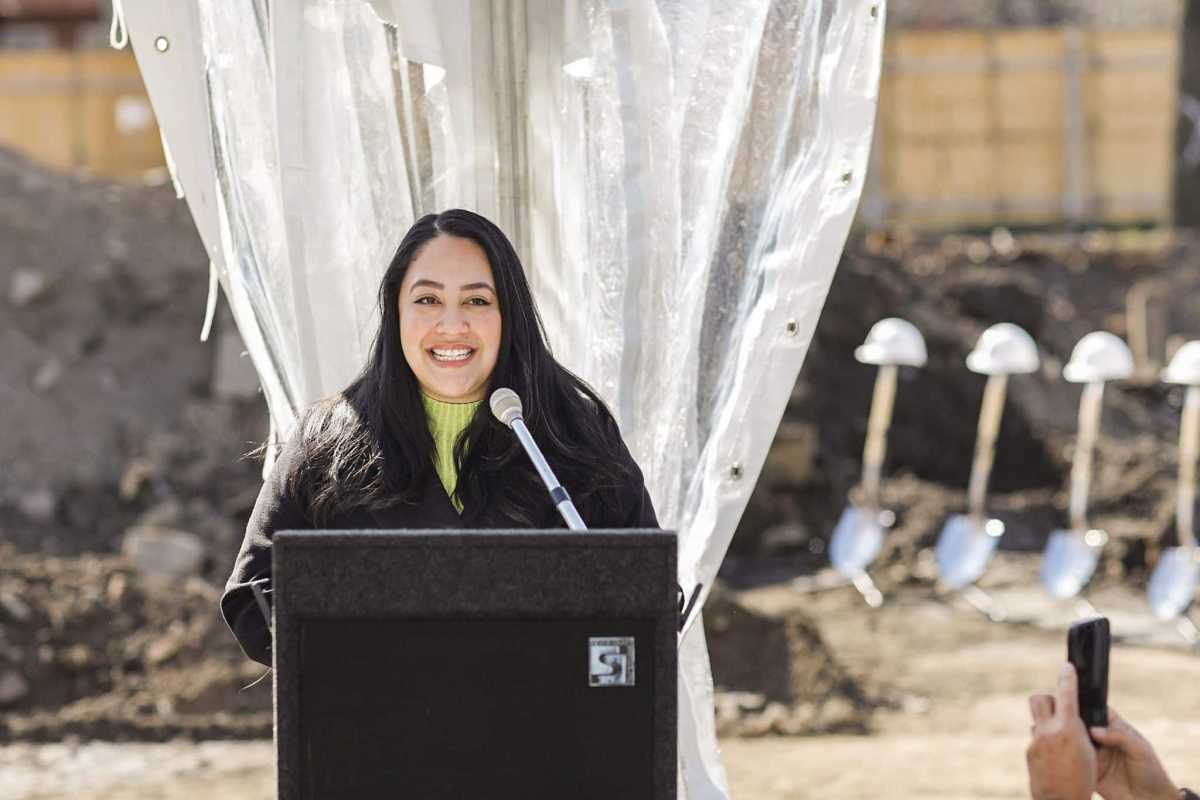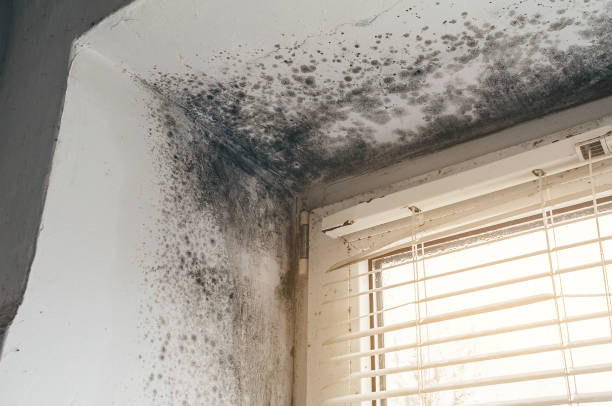This month, I am writing to raise awareness on the link between traumatic brain injuries (TBIs) and survivors of domestic violence (DV), amplify the latest research between the connection, and discuss the legislation I have introduced in the City Council to help survivors get the services they need and deserve.
Traumatic brain injuries impact far more than just male athletes, like football players and boxers, whom we typically associate with injuries like concussions. There is an unseen group of people in our own city and neighborhoods who are experiencing undiagnosed TBIs at an alarmingly high rate – survivors of domestic violence.
Studies show that as many as 80% of survivors have experienced TBIs, such as concussions or neck injuries, with strangulation as a primary cause. The consequences of traumatic brain injuries can have a ripple effect on all aspects of a person’s life and significantly impact their ability to recover. This crisis is especially urgent in the Bronx, where we have had the highest number of domestic violence cases and deaths in New York City.
Undiagnosed and untreated negative symptoms of concussion and other TBIs include dizziness, constant headaches, feelings of depression, and memory loss. These symptoms often negatively impact everything from the credibility of survivors’ testimony in the eyes of law enforcement, the ability to navigate the child welfare system, secure and maintain employment and housing, and meet other basic needs.
Despite this reality, the link between domestic violence and traumatic brain injuries is not well studied nor well understood. TBI symptoms like memory loss and slurred speech are frequently mischaracterized as being caused by behavioral health issues, anxiety, or substance use, meaning domestic violence survivors are rarely assessed for TBIs in their interactions with law enforcement, medical care, mental health systems, or even victims’ services.
The New York City Council can help change that. I have recently introduced legislation that, if passed, would create a mandatory training program for first responders and service providers that emphasizes the prevalence of TBI’s among domestic violence survivors, how to identify symptoms of a TBI, how to respond to the needs of individuals with a TBI, and the long-term health impacts of repeated brain injuries. This would be accompanied by a public awareness campaign by City Hall and relevant agencies.
This legislation builds on the work of trailblazing organizations at the forefront of this movement. An ongoing pilot program launched in 2022 by Volunteers of America-Greater New York (VOA-GNY), a 128-year-old human services organization, and Safe Living Space, a
domestic violence and TBI awareness nonprofit, implemented routine brain injury screenings as part of their domestic violence shelter intake process. Through this program, those with suspected TBIs are then connected to medical professionals.
Their critical work shined a light on the scale of this emergency: 57 percent of the 400 survivors screened by VOA-GNY have experienced at least one symptomatic injury to the head or neck in the past year. It is clear that there is an epidemic of undiagnosed, untreated traumatic brain injuries in New York City.
After our city is more equipped with an increased understanding of this issue, I am confident that we can take steps now to address this problem and begin the work to create responsive institutions that will provide survivors with the care they need and deserve.
Amanda Farías serves as the Majority Leader of the City Council and is in her second term as the Council Member for the 18th District, representing the neighborhoods of Castle Hill, Clason Point, Harding Park, Parkchester, Unionport, Soundview and Westchester Square.

























